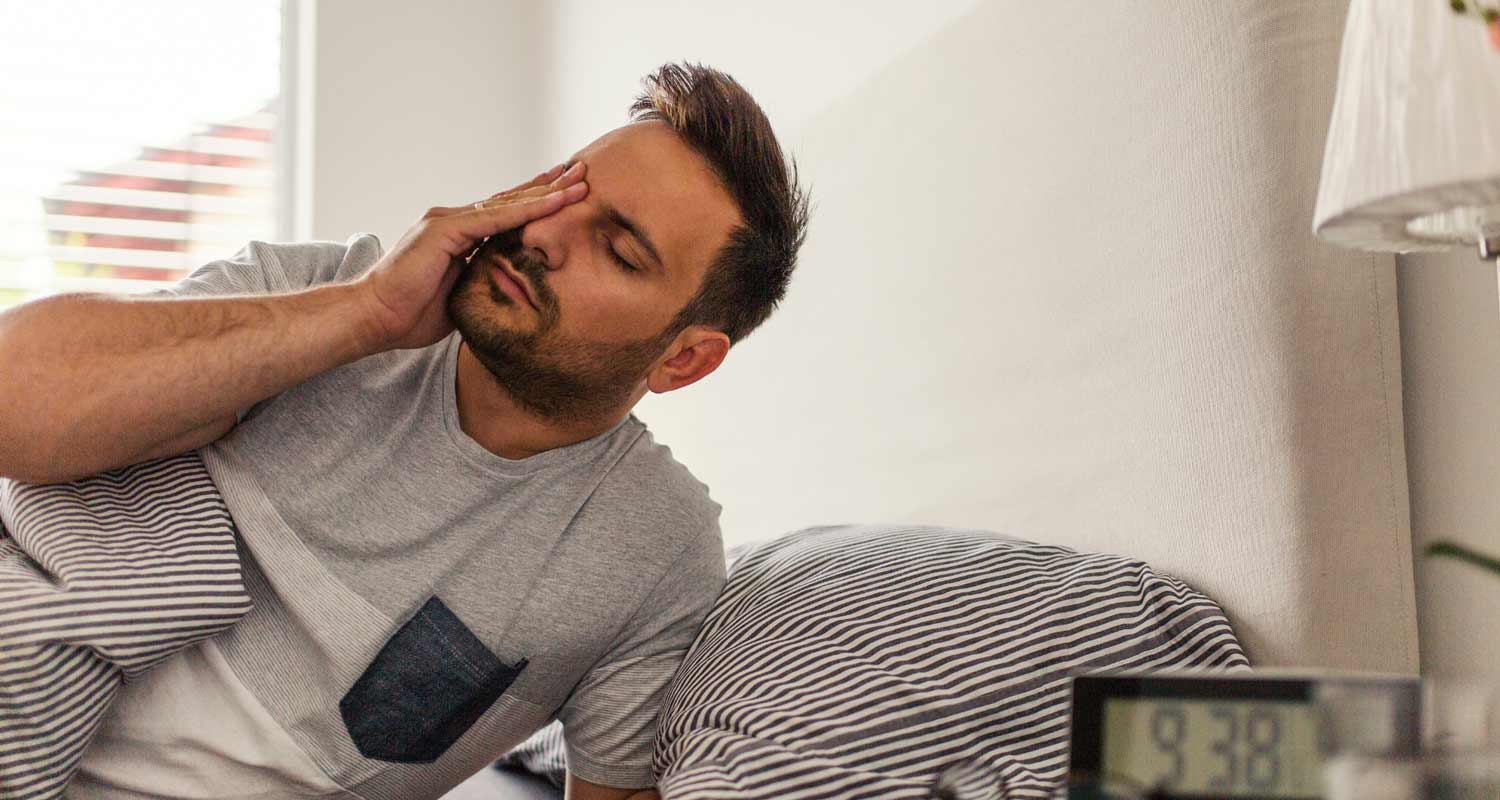When it comes to your nose, there are few things more annoying than constant sneezing—especially when you have no idea why it’s happening so often. You’re noticing it, and others probably are, too. Finding effective strategies on how to stop sneezing can significantly increase your comfort and decrease any social disruption. But to put an end to the endless achoos, it’s important to figure out the root of the problem so you can treat it right way.
What Causes Excessive Sneezing?
First, you should know that sneezing is a healthy part of your body’s immune process. It protects your body by clearing it of viruses and bacteria. If you’ve inhaled an irritant, your body sends signals to close your throat, eyes, and mouth, triggering a sneeze. As for repeated sneezing fits, there are two major causes.
Allergies
Particles in the air, such as pollen, dust, smoke, and pet dander, can irritate your nose. If you know what triggers your allergies, take the right antihistamine for them. There are other ways you can help your body stop sneezing as a result of allergies.
When you’re indoors, minimize your exposure to the triggers. Things that can help are:
- Keeping your home dry with a dehumidifier
- Bathing your pets regularly with an anti-dander shampoo
- Reducing dust and mold in your home with regular cleaning
- If you notice certain plants make your sneezing worse, see if someone else wants them
When you’re out, here are a few things that can help during a high pollen count:
- Avoiding outdoor tasks like cutting the grass or raking leaves
- Leaving outdoor activities for early mornings and late afternoons
- Wearing an allergy mask
- Changing clothes and showering when coming back inside
Cold and Flu
Sneezing often accompanies the common cold and flu. You may have one or the other if you experience any of the following symptoms:
- A runny nose
- Sore throat
- Fever
- Chest congestion
- Coughing
How Can I Know if It's a Cold or Allergy?
Distinguishing the cause of your sneezing is key to determining how to stop yourself from sneezing effectively. The following numbered explanations may help you identify the source:
- Timing and Chronicity: Allergies are often seasonal and correlate with exposure to specific allergens, while colds typically emerge in response to a viral infection and resolve within a week or two.
- Associated Symptoms: Allergies usually come with itchy eyes and consistent nasal congestion, whereas colds might include aches and a fever in addition to sneezing.
- Response to Antihistamines: If you take an antihistamine and how to stop sneezing becomes a less pressing concern, allergies may be your culprit.
- Nasal Discharge: The color and consistency of nasal discharge can also be a clue. Allergy-induced sneezing often comes with clear, thin mucus, while a cold may produce yellow or green, thicker mucus.
Remember, managing sneezing effectively starts with identifying its cause, and your approach should be tailored accordingly—whether it's taking preventive measures against allergies or bolstering your immune system to swiftly combat a cold. If you're still unsure about the source of your sneezing or how to stop sneezing, consulting with a healthcare provider is the best course of action.
How to Avoid Sneezing
Learning how to stop sneezing can significantly improve your daily comfort and the well-being of those around you. While it's not always possible to halt a sneeze in its tracks, there are preventive steps you can take to lower the frequency of these outbursts.
Maintaining a clean environment is one of the most effective ways to curb sneezing episodes. Regularly replacing air filters, using air purifiers, and keeping windows closed during high pollen seasons can mitigate airborne irritants. Another tip involves practicing good hygiene, such as washing your hands frequently and avoiding contact with individuals who exhibit signs of a cold or flu.
For those curious about how to stop sneezing instantly or quickly during an actual sneeze attack, there are some tricks that might work for some people. Gently pressing the upper lip beneath the nose or using breathing techniques to relax and take control over the body's reflexes could provide some with immediate sneeze relief. However, success does vary from person to person.
Tips to Get Longer-Lasting Relief from Excessive Sneezing
End the misery and sneezing fits with the right treatment. There are two main causes for your constant sneezing.
When it’s a stuffed-up nose
If you’re experiencing a stuffy nose along with your sneezing, a nasal decongestant may be good to have on hand. Medicines containing pseudoephedrine HCl or oxymetazoline HCl can help shrink the swollen mucus membranes in your nose. If you want to read up more on all nose-related things, take a look at our article on nasal congestion causes.
When it’s the cold and flu
Finally, if you’re feeling flu-like or have the common cold, speak to your doctor to find the right solution for relieving bothersome sneezing. For over-the-counter relief, look for the Mucinex® multi-symptom product line. It helps you fight multiple symptoms at the same time.
Gesundheit! Once you figure out from where your constant sneezing stems, you can help give your nasal passages the right relief. Here’s to fewer sneezes in your future!
References
- https://www.mucinex.com/blogs/cold-flu-symptoms/how-to-help-stop-sneezing
- https://www.mucinex.com/blogs/cold-flu-symptoms/products-for-sneezing-relief
- https://www.mucinex.com/blogs/cold-flu-symptoms/stuffy-noses-causes-symptoms-and-remedies
- https://www.mayoclinic.org/diseases-conditions/fever/symptoms-causes/syc-20352759
- https://www.webmd.com/allergies/features/11-surprising-sneezing-facts








